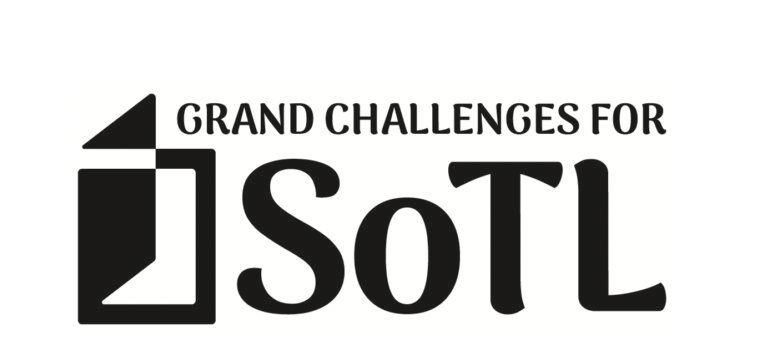A conditional sentence describes a condition that is necessary for a particular outcome to occur. The conjunctions if, even if, when, whenever, whether, and unless often appear in conditional sentences. The meaning of a conditional sentence determines which verb tenses need to be used in the independent and subordinate clauses.
There are several types of conditionals:
Zero Conditional:
Used to express a general or habitual fact
In this case, the present simple tense is used in both clauses.
General fact: If I touch an ice cube, it feels cold.
Habitual fact: Whenever I touch an ice cube, it feels cold.
First Conditional:
Used to make predictions about the future or to express future intentions or possibilities
In this case, the verb in the subordinate clause is in thepresent tense, and the main verb in the independent clause is preceded by “will” oranother modal verb (might, should, may, etc.).
Intention: If I win the lottery, I will go to Paris.
Possibility: If I win the lottery, I might go to Paris.
Second Conditional:
Used to speculate about the future result of a possible, yet unlikely, present condition
In this case, the verb in the subordinate clause is in simple past tense, and the main verb in the independent clause is preceded by the modal would, could, or might.
Speculation: If I won the lottery, I would go to Paris.
The Past Subjunctive can also be used to speculate about the future result of a condition that is not true in the present. In this case, the simple past-tense verb “were” is used in thesubordinate clause, and the main verb in the independent clause is preceded by the modal would, could, or might.
Speculation: If I were Prime Minister, I would do a great job.
Speculation: If I were going to Paris, I would bring my passport.
Third Conditional:
Used to speculate about the past result of a condition that did not happen in the past
In this case, the verb in the subordinate clause is in past perfect tense; the main verb in the independent clause is a past participle, preceded by the modal would have, could have, or might have.
Speculation: If I had won the lottery, I would have gone to Paris.
Conditionals that use inversion
It is also possible to express the conditional without using the word if by simply reversing the order of the subject and the verb in the subordinate clause and omitting if. This gives the conditional sentence a more formal tone and as a result tends to be used more often in writing.
Conditional using if: If I had won the lottery, I would have gone to Paris.
Inverted conditional: Had I won the lottery, I would have gone to Paris.
Practice ↓
Complete each sentence below by giving the correct form of the verb in parentheses.
Whenever my roommate ___ (snore) loudly, I cannot sleep.
Students may be disappointed if they _ (not receive) good grades.
If we ____ (not take) an exam on the conditional, we might not have learned it.
Maya _ (not pass) her driving test unless she calms down.
If it _ (be) winter, all these trees would be covered in snow.
Had it not rained, the farmers ____ (lose) all of their crops.
If the airplane hadn’t had a mechanical problem, we probably __ (arrive)in Winnipeg by now.
We ____ (relax) on the beach in Mexico right now if we had been able to get our visas on time.
- I ____ (try) to find more opportunities to write in English if I were you.
Answers ↓
- Whenever my roommate snores loudly, I cannot sleep.
- Students may be disappointed if they do not receive good grades.
- If we had not taken an exam on the conditional, we might not have learned it.
- Maya will not pass her driving test unless she calms down.
- If it were winter, all these trees would be covered in snow.
- Had it not rained, the farmers would have lost all of their crops.
- If the airplane had not had a mechanical problem, we probably would have arrived in Winnipeg by now.
- We would be relaxing on the beach in Mexico right now, if we had been able to get our visas on time.
- I would try to find more opportunities to write in English if I were you.
Note: This document was based on © Effective Writing Program, University of Western Ontario.





























